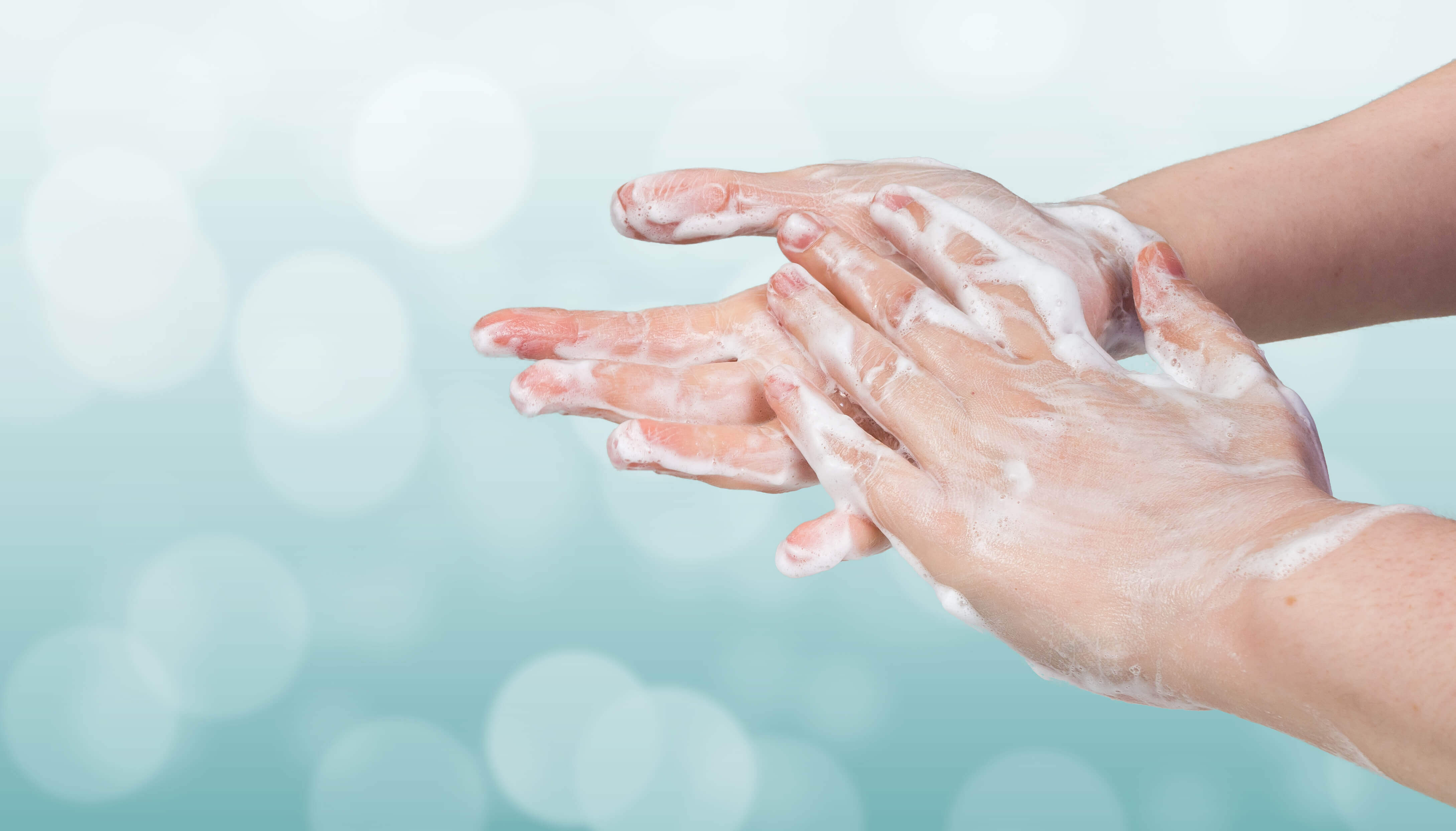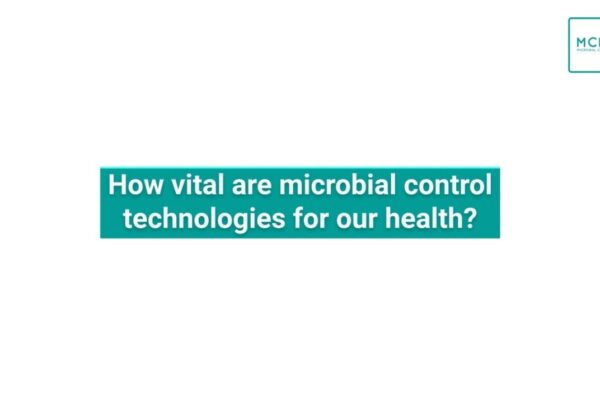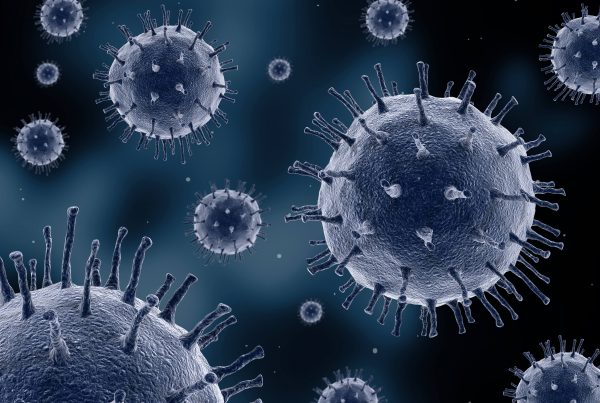Proper hygiene is key to prevent us from spreading germs and help reduce outbreaks of diseases. Disinfectants, a microbial control product, have a key role to play in this regard. Different antimicrobials are recommended to reduce the spread by hand-to-hand contact and hand-to-surface contact.
Cleaning surfaces
Think of the number of surfaces you touch and are touched by others; the grab bars in buses and metros, the check-out counters in supermarkets, or the tables and chairs in bars and restaurants. Surface disinfectants that are used to clean our homes are also used in many public environments – from offices, schools, and hospitals, to restaurants, supermarkets, and public transport. Antimicrobials are used almost everywhere, especially where there is a risk of cross contamination – the transfer of bacteria from one surface to another.
Washing hands
Microbes present on the hands are one of the main sources for the transfer of pathogens. These bacteria and viruses are often found in high numbers and our skin naturally helps them to thrive, some for well over two hours. To protect those around you and yourself, hand washing, and hand disinfection are critical hygiene methods to reduce the spread of infectious diseases.
In many daily situations, hand washing with soap is a sufficient measure, but in health care settings and at work when there is a risk of infection being passed among family members, disinfectant hand wash and alcohol-based hand rub formulations are recommended and provide a superior method of microbial control.
Clean Hands Save Lives Campaign
To emphasise the importance of clean hands, the World Health Organisation holds World Hand Hygiene Day each year on 5 May.
With its campaign, the WHO reminds us all, either hospital staff or visitors, that very small things can alter the course of a patient’s recovery. In Europe, for example, 4.6% to 9.3% of patients are affected by healthcare associated infections (HCAIs) that can be transmitted both through direct or indirect contact. Worldwide, hundreds of millions of patients are affected by HCAIs each year.
This is why hand hygiene remains in all circumstances so critical. A rigorous routine – involving the use of disinfectant hand wash and alcohol-based hand rub formulations when not at home – is highly recommended. It is proven that they provide a superior method of microbial control.






